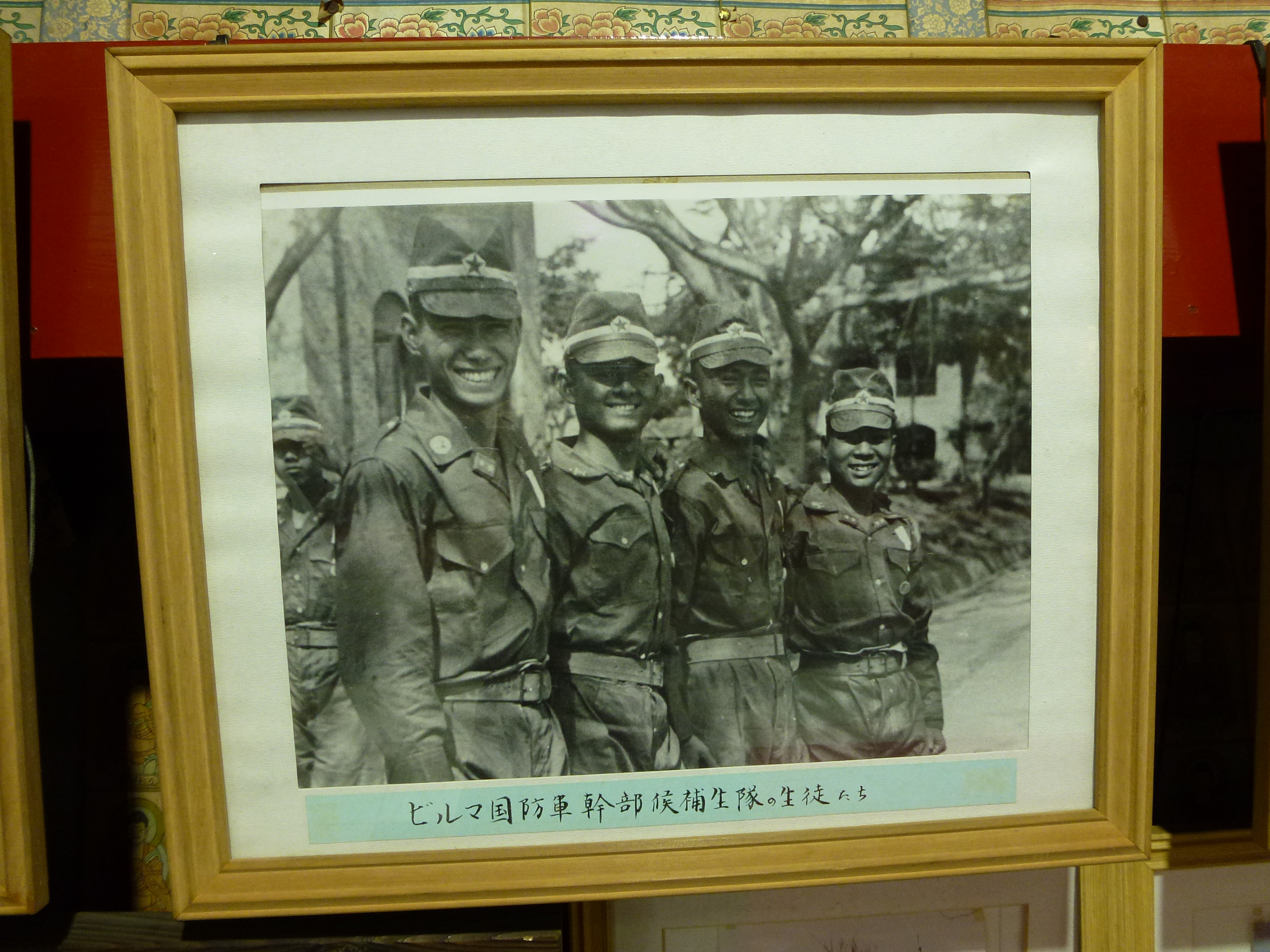As the 70th anniversary of the end of World War II approaches, questions related to Japan's wartime actions once again come to the fore. For example, will Prime Minister Shinzo Abe make an offering to Yasukuni Shrine on Aug. 15, as he did a year ago? Will he admit Japan was an "aggressor nation" in his much-anticipated address to mark the occasion of Japan's defeat?
The annual fuss about what will and won't be said and who will and won't visit Yasukuni always begs the question: Why can't Japan do what Germany did, i.e., admit it was wrong and that it did some horrible things, and make a sincere apology that isn't almost immediately contradicted by other Japanese leaders? Further, why can't Japan do its best to make amends to the fast-dwindling number of "comfort women," forced laborers et al?
The answer to these questions is that those Japanese leaders who continue to condone Japan's wartime actions inhabit a "parallel universe." This parallel universe shares just enough points in common with our ordinary world that the two seem, to the casual observer, to be one and the same. However, in this parallel universe Japan was not an aggressor but, on the contrary, was forced to take up arms in self-defense and valiantly sacrificed itself in a "holy war" (seisen) to liberate Asia from Western imperialism.



